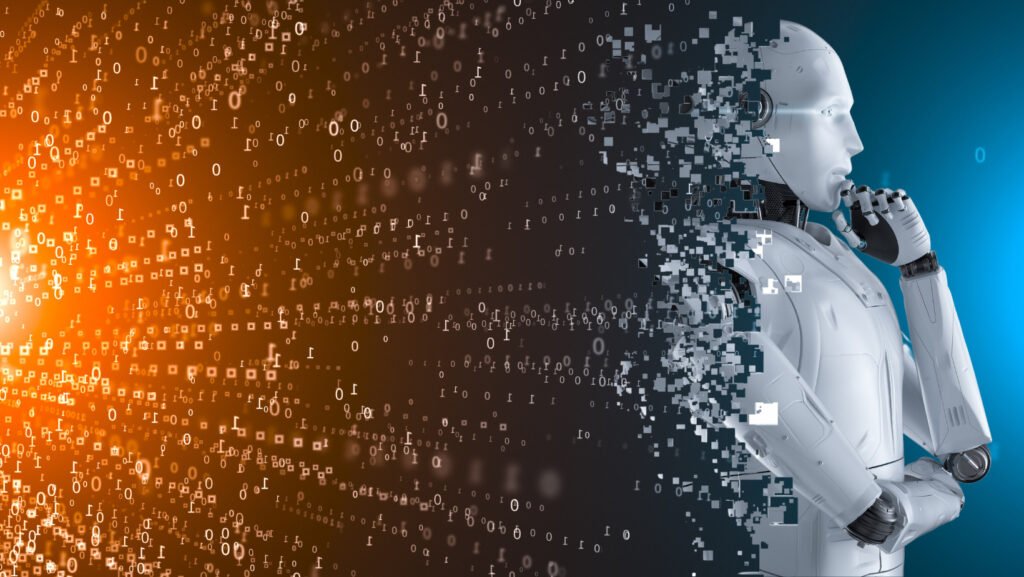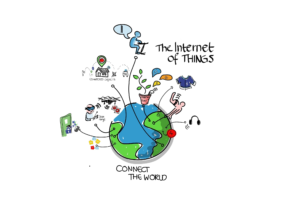The Rise of Artificial Intelligence How AI Will Shape the Future
The rise of artificial intelligence is transforming the world as we know it, profoundly impacting every facet of modern life and work. AI’s rapid advancements are driving automation, revolutionizing industries, and fundamentally altering how we interact with technology and each other. This article delves into the transformative potential of artificial intelligence, exploring how this revolutionary technology is shaping the future, addressing common misconceptions and concerns, and identifying key trends and challenges. We’ll examine how AI is influencing industries, revolutionizing healthcare, impacting the job market, and potentially creating a more efficient and prosperous future. We’ll provide strategies to embrace this revolution, highlighting opportunities, addressing ethical concerns, and empowering individuals to navigate the evolving landscape of AI.
Understanding the Fundamental Concepts of Artificial Intelligence
Defining Artificial Intelligence
Artificial intelligence (AI) encompasses a wide array of technologies, including machine learning (ML) and deep learning (DL). At its core, AI aims to create systems that can perform tasks that typically require human intelligence. These tasks include learning, problem-solving, decision-making, and understanding human language. AI can be broadly categorized into narrow or general AI, reflecting the scope of its capabilities. Narrow AI is designed for specific tasks, while general AI is hypothesized to possess human-level intelligence, potentially capable of performing any intellectual task a human can. This distinction has significant implications for the future of work and the way AI will shape society.
The Evolution of AI
The journey of AI has spanned decades, with advancements in computing power, data availability, and algorithmic sophistication driving its evolution. Early AI systems were largely rule-based, relying on pre-programmed instructions to perform tasks. However, modern AI increasingly relies on machine learning, enabling systems to learn from vast datasets and adapt to new information. This evolution has led to advancements in various fields, from medical diagnosis to personalized recommendations. The ability of AI systems to learn and adapt is a key factor in their growing influence on the future.
Transforming Industries with AI
Automation and Efficiency
AI is rapidly transforming various industries by automating tasks previously performed by humans. From manufacturing to customer service, AI-powered systems are streamlining workflows, increasing efficiency, and reducing costs. For example, in manufacturing, robots powered by AI can perform repetitive tasks with precision and speed, leading to increased productivity. In customer service, AI chatbots are handling inquiries and resolving issues, freeing human agents to focus on more complex problems. The ability of AI to automate repetitive tasks is revolutionizing various industries and improving overall efficiency.
Personalized Experiences
Beyond automation, AI is creating more personalized experiences for users. In e-commerce, AI algorithms recommend products tailored to individual preferences. In healthcare, AI can analyze medical images to assist in diagnoses and personalize treatment plans. This personalization is driven by the ability of AI to learn patterns from data, adapting recommendations and outcomes to individual needs. Personalized AI-driven experiences are fundamentally changing how we interact with businesses and services, from retail to healthcare.
The Impact of AI on the Job Market
Displacement and Creation of New Roles
One of the most significant concerns surrounding the rise of AI is its potential impact on the job market. Some experts believe that AI-powered automation will displace many jobs currently performed by humans. However, simultaneously, new job opportunities are emerging in fields related to AI development, maintenance, and ethical considerations. The key challenge lies in the need for reskilling and upskilling programs to prepare the workforce for the changing demands of the job market. The transition can be challenging, but successful adaptation is key.
Reskilling and Upskilling
To address the potential displacement of jobs, governments and organizations must invest in reskilling and upskilling programs. These programs should equip individuals with the necessary skills to work alongside AI systems and develop expertise in AI-related fields. The shift towards a more technology-driven economy requires a proactive approach to workforce development. The success of adapting to the AI revolution depends on the willingness to learn and adapt.
Ethical Considerations in the Age of AI
Bias and Fairness
AI algorithms are trained on data, and if that data reflects existing societal biases, the AI system will likely perpetuate those biases. Addressing fairness and mitigating biases in AI systems is crucial to ensure equitable outcomes. Careful consideration and rigorous evaluation are vital for preventing unintended discrimination and ensuring ethical development.
Privacy and Security
The increasing use of AI raises concerns about data privacy and security. AI systems often collect and analyze vast amounts of personal data, potentially compromising privacy. Strong data protection measures and ethical guidelines are essential to safeguard sensitive information and establish trust in AI systems. Robust security measures and ethical safeguards must be integrated into the design and implementation of AI systems.
The Future of AI: Predictions and Projections
Emerging Trends
Experts predict that AI will continue to evolve and integrate into diverse facets of life. AI-powered tools will increasingly automate tasks in various sectors, from healthcare to finance, impacting workflows and business processes in significant ways. This trend is expected to continue, leading to even more profound transformations in the future.
Potential Societal Impacts
AI’s transformative potential extends to social interactions and communication, impacting societal structures. AI will likely have unforeseen social impacts. The transition is likely to involve challenges and require careful consideration to prevent issues in specific sectors.
In conclusion, the rise of artificial intelligence is reshaping the future in profound ways. AI is no longer a futuristic concept but a tangible force influencing industries, economies, and daily lives. Embracing the potential while addressing the challenges is crucial. To stay ahead of the curve, continuous learning and adaptation are essential. By exploring opportunities, developing ethical guidelines, and fostering collaboration, we can harness AI’s power to achieve a brighter, more innovative future. Visit our website for more insights and resources on how to navigate the AI revolution.
Share this content:














Post Comment